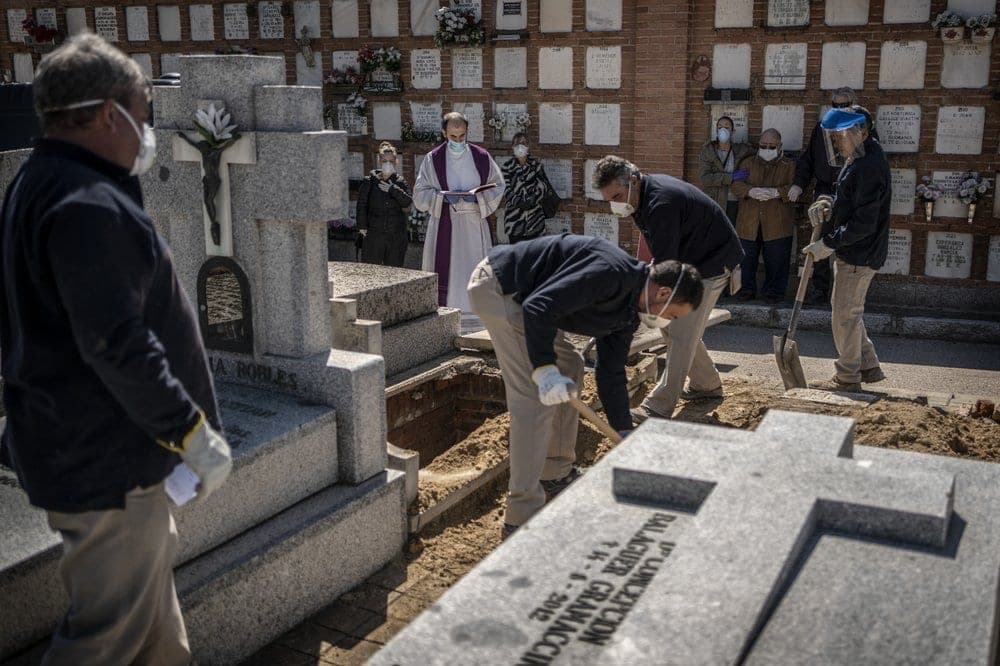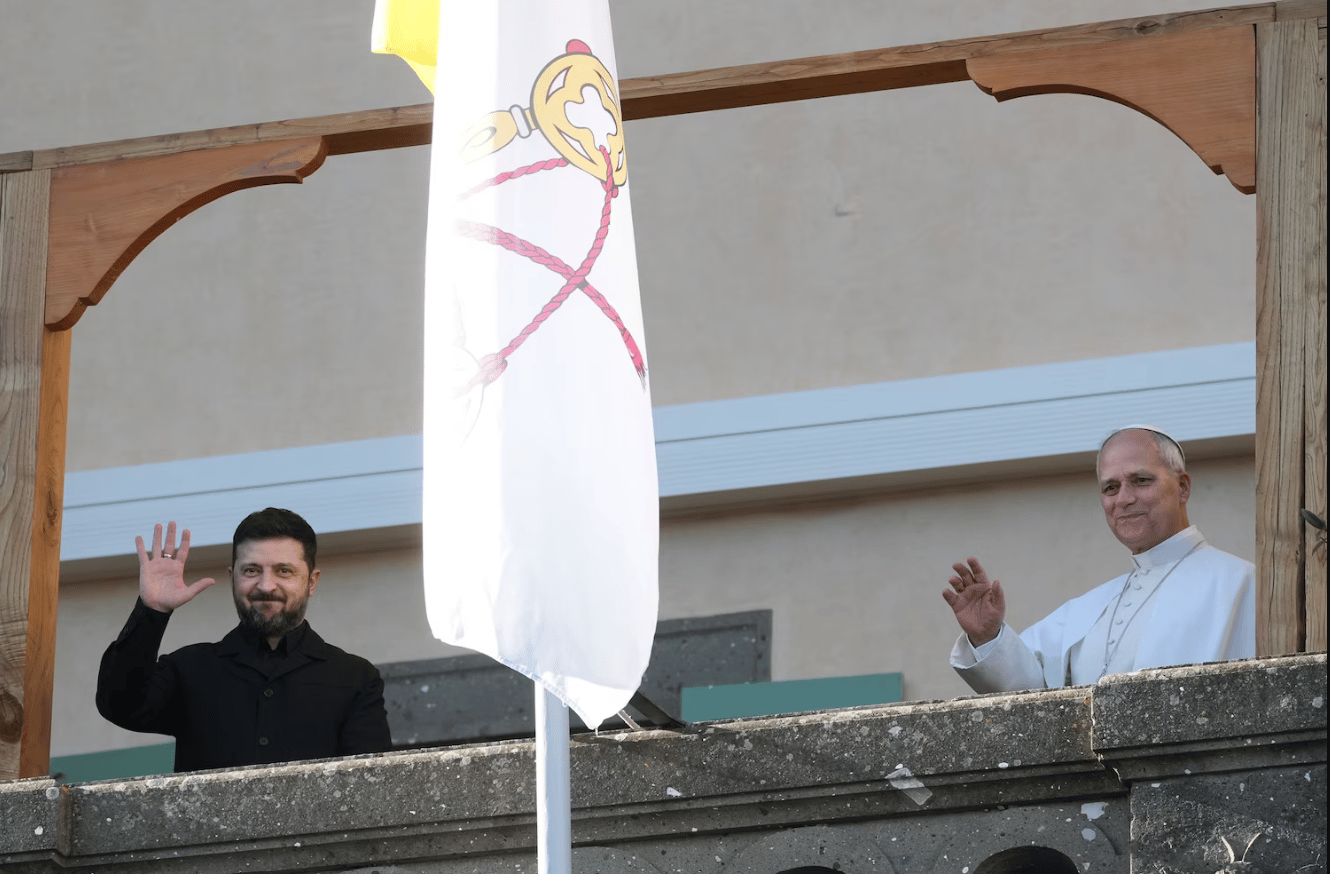The European Union’s top Christian leaders have called for the continent to show “our joint commitment to the European project and to common European values of solidarity and unity, instead of capitulating to fear and nationalism” during the COVID-19 coronavirus pandemic.
The appeal came in an April 2 letter signed by Luxembourg Cardinal Jean-Claude Hollerich, the president of the Commission of the Bishops’ Conferences of the European Union (COMECE), and French Reformed Church pastor, the Rev. Christian Krieger, the president of the Conference of European Churches (CEC).
Hollerich and Krieger said the coronavirus crisis has “exposed the vulnerabilities and apparent certainties of our politics, economics and societies,” but at the same time are allowing people to “re-discover our common humanity as brothers and sisters.”
“We would like to pray with deep gratitude for all those who serve their fellow human beings with empathy and warmth by supporting them selflessly: medical doctors, nursing staff, providers of basic services, law and order forces – and persons involved in pastoral care. We wish to pray for all the people who are suffering during this crisis – in particular the sick, the elderly, the poor, the excluded and children experiencing family instability. We also remember all those who passed away in our prayers,” the letter says.
Turning to the European Union, the two men called on the member states “to continue acting in a determined, transparent, empathic and democratic way.”
The letter comes as the COVID-19 crisis has caused fractures within Europe. Italy and Spain, the worst hit of the EU countries, have called on the bloc to issue so-called “coronabonds” – debt issued jointly by all the EU member states – to help stabilize their economies. They have been rebuffed by Germany, the zone’s economic powerhouse, and the Netherlands, another wealthy EU state.
The wealthy EU countries prefer to use the European Stability Mechanism used during the 2007-2008 financial crisis, which also has strict conditions attached, which many critics say punish countries already suffering economic crisis.
In addition, the Schengen agreement which allows movement between most EU countries without any border checks has been suspended in several countries, showing that when push comes to shove, national interests override the common European project.
In their letter, Hollerich and Krieger said they prayed for wisdom and strength among leaders at both national and European level.
“This is the time for all of us to demonstrate our joint commitment to the European project and to common European values of solidarity and unity, instead of capitulating to fear and nationalism,” the religious leaders write.
“Concrete expressions of this our shared European responsibility could, for example, be burden-sharing in the care for the sick, a facilitated exchange of medical materials, creative measures alleviating social, economic and financial shocks, as well as reinforced international cooperation and humanitarian assistance to support weaker health systems in needy regions of the world,” the letter continues.
On April 2, the European Commission, which serves as the EU’s executive branch, proposed a new instrument that will provide up around $100 billion in loans to countries to help keep businesses afloat and provide economic stability to the bloc.













